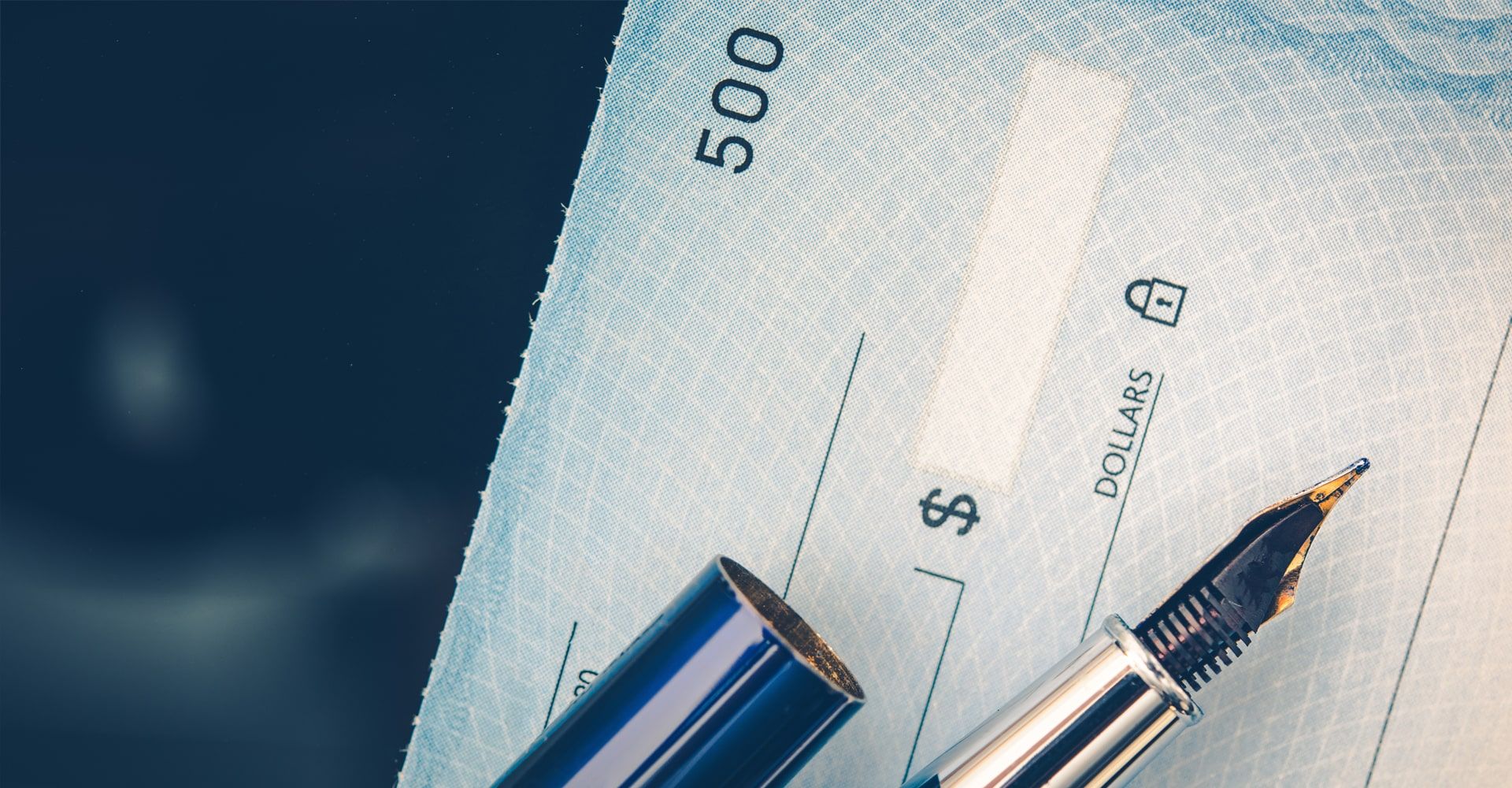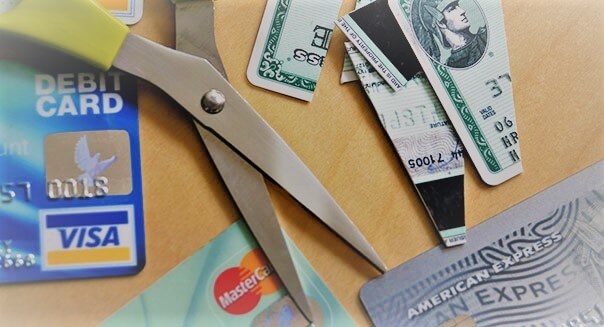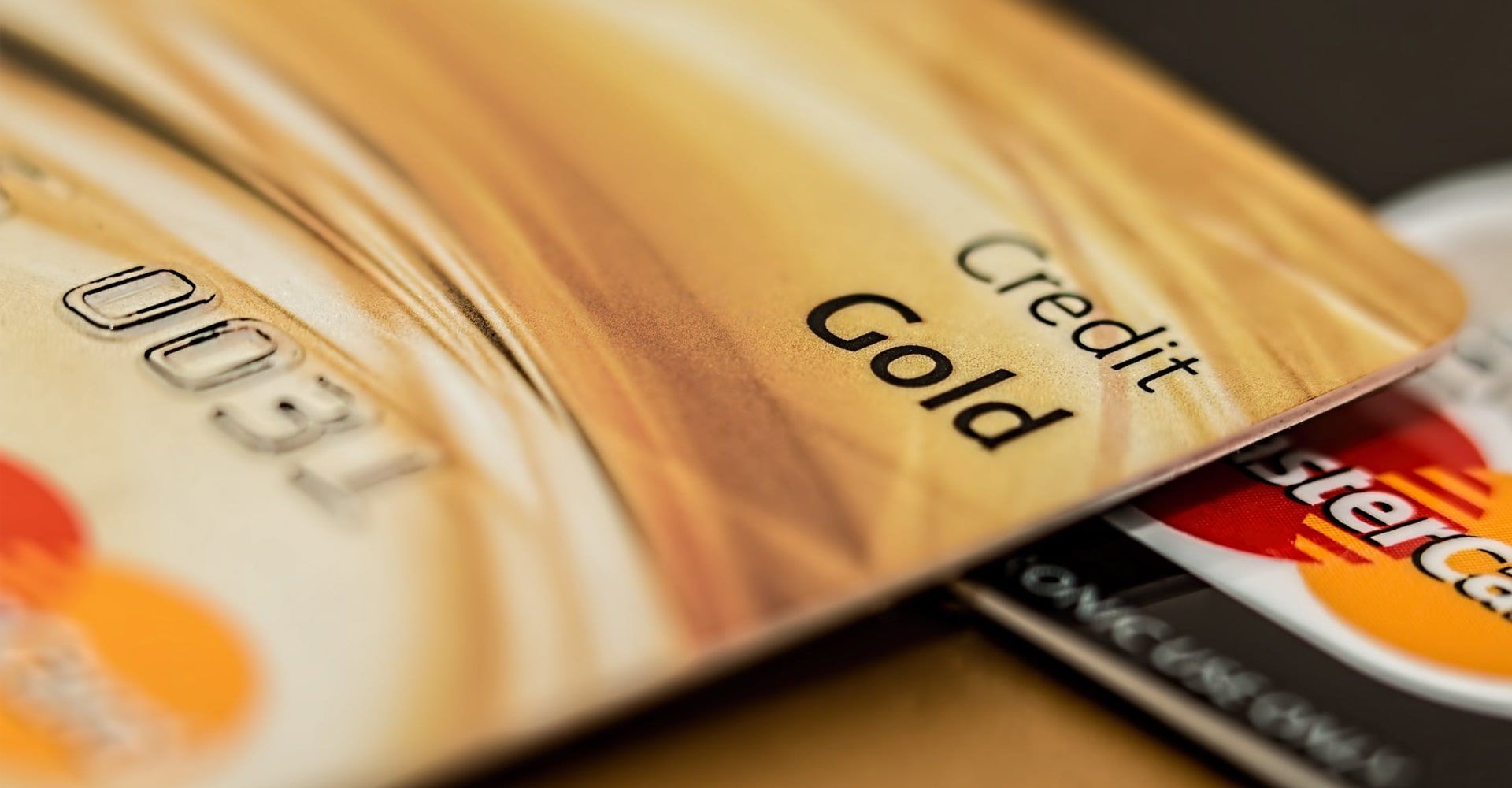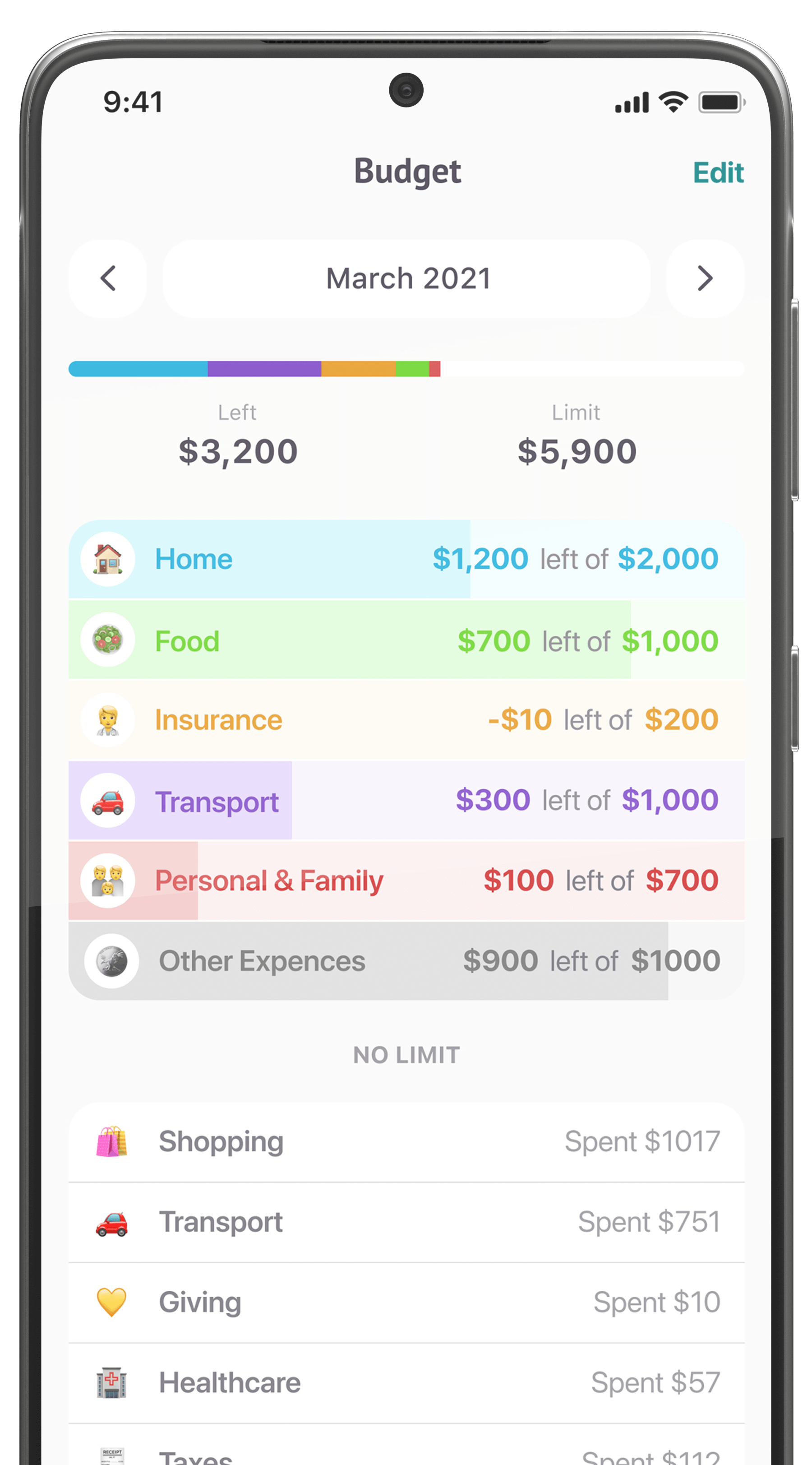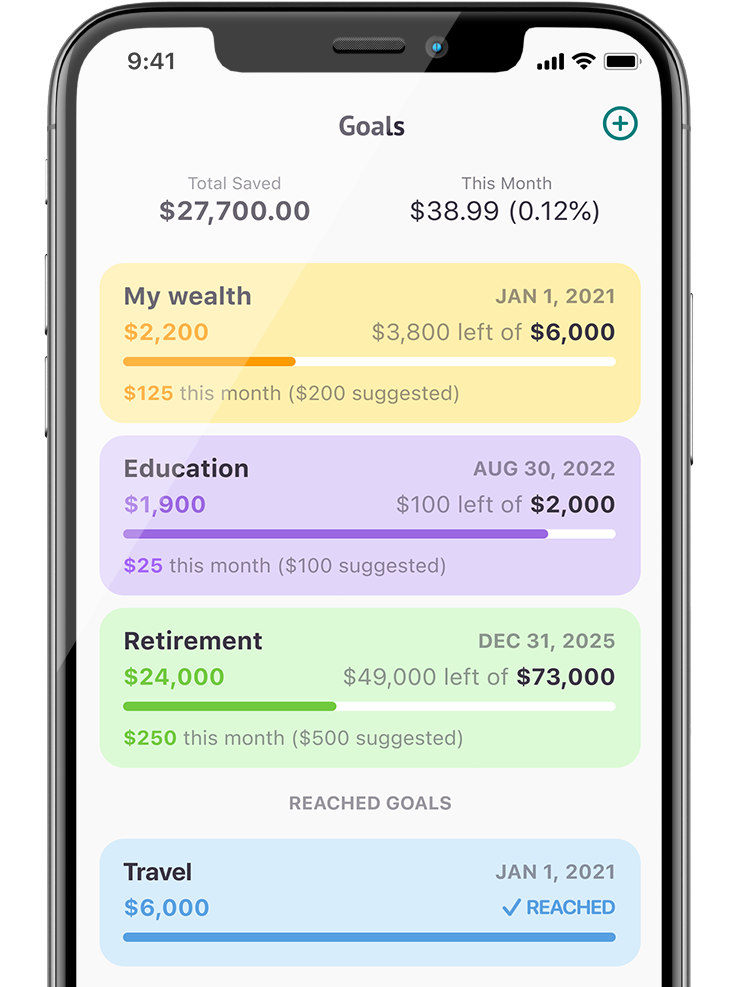Your credit score is an important number, but it can seem confusing. What exactly is a credit score? How is it calculated? How do you check it? Can you have multiple scores? What do you do if your score is low?
Let’s answer these questions and more below.
What Is a Credit Score?
A credit score is, in short, a number that shows how trustworthy you are to lenders, based on various factors in your financial history. Your score mainly affects things like your chances of approval and what interest rates you’ll get for car loans, mortgages, credit cards, and more.
Unless you haven’t built any credit yet, your credit score will usually fall within the range of 300-850. Here’s the basic guide to score ranges and what they mean:
- 300-629: Poor
- 630-689: Average/fair
- 690-719: Good
- 720-799: Very good
- 800+: Exceptional
Factors that help determine your score include things like how long you’ve had certain loans or lines of credit, the value of these loans, what type they are, how much you owe, your history of making on-time payments, whether you have a history of bankruptcy, etc.
There are three major credit bureaus: Equifax, TransUnion, and Experian. Your score can actually be slightly different for all three. This is because each bureau uses different information to determine your score.
When you enter a financial arrangement with a creditor—such as getting a car loan, credit card, or mortgage—that creditor can decide whether to report this data to one or two of the credit bureaus, all of them, or even none. Thus, Equifax, TransUnion, and Experian can have different data about your financial history: one might have a piece that the others lack.
This is why you’ll often see different numbers when you go to check your credit score (more on this in the next section). Usually, the scores won’t be significantly different, and you should be able to see which score comes from which of the three bureaus.

How to Find Out Your Credit Score
There are several places where you can check your credit score. Before we get into where to check your credit, there are two things to know right away about doing this.
First off, there are plenty of safe websites where you can check your score for free. Some services might charge a fee, but you can just avoid these—you’re getting the same information whether you pay for it or not.
Secondly, checking your own score does not hurt your credit (contrary to a popular myth). You could check it every day if you wanted without any negative effects. This has to do with “hard pulls” vs. “soft pulls”.
Hard pulls (or “inquiries”) are when lenders do an official credit check to help them make a decision on an application. These hard inquiries do affect your credit, which is likely where the “checking your own score hurts your credit” rumor originates.
Soft pulls, however, are different. They’re more of an informal check, and do not affect your credit. A landlord or potential employer might do a soft inquiry as part of a background check. Checking your own score also counts as a soft pull, which is why it can’t hurt your score.
Let’s quickly cover a few of the best places to check your credit score for free.
- CreditKarma: shows you your TransUnion and Equifax scores, updated weekly.
- AnnualCreditReport: once per year, you can order a free report from all three credit bureaus.
- BankRate: lets you compare the differences between two credit reports from different bureaus.
- Your bank (maybe): Some banks will let credit-card-holding customers view their credit score for free right from the bank’s website. This includes Bank of America, Citi, and Chase.
If you’ve checked your score and it’s poor or simply could be higher, don’t worry: with discipline, you can raise your score over time.

Steps to Improving Your Credit Score
Time is a huge factor in credit scores, so you won’t be able to raise your score overnight. Slow and steady wins the race in this scenario. However, the earlier you start, the faster you’ll see results. Start with these three strategies.
1. Pay your existing loans on time. This is arguably the most important thing you can do, as missed payments can do real damage to your score. When you miss a payment, it tells future creditors that you’re a wild card and might not pay them either. Plus, paying on time has other benefits for you as well, like saving you late fees.
2. Build your history with new loans or credit cards as needed. You shouldn’t take on any debt that you don’t need. However, having a variety of loans does help build your history. For instance, if you get a new credit card and pay off your statement balance in full each month, that’s going to improve your score. If you decide to buy a house instead of renting, your mortgage will be one more point of data as well. In case your credit score is too low to qualify for a regular credit card or loan, start rebuilding your score with a secured credit card first and work your way up.
3. Keep your utilization ratio low. One of the less self-explanatory factors in your score is “credit utilization,” which refers to what percentage of your available credit you use in a given month. If you have a credit card with a $1,000 limit, and you spend $1,000 that month, your utilization will be 100%. If you spend only $150, your utilization will be 15%. For a better score, you should keep your utilization ratio below 30%. This signals that you don’t have a habit of maxing out credit cards.
As you implement these habits, you’ll start to see your credit score rise. Depending on where you’re starting, you might see changes within months, but achieving a significantly higher score will probably take a year or more. Just remember, it’s worth the work to secure a better financial future.
Also, check out more information about how to precisely understand your credit score and which mistakes to avoid when improving it.



